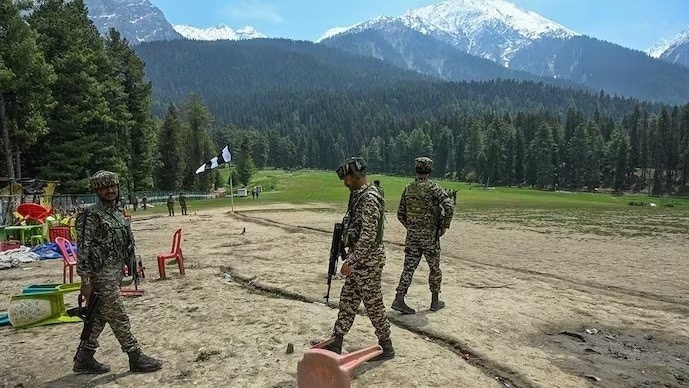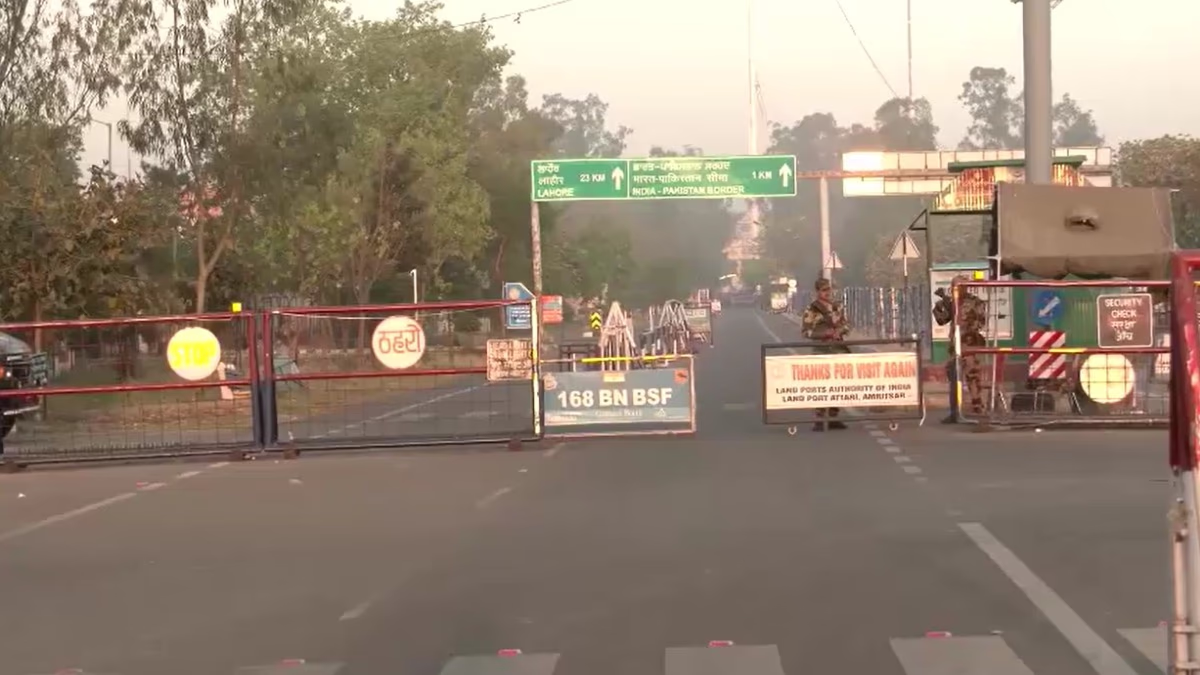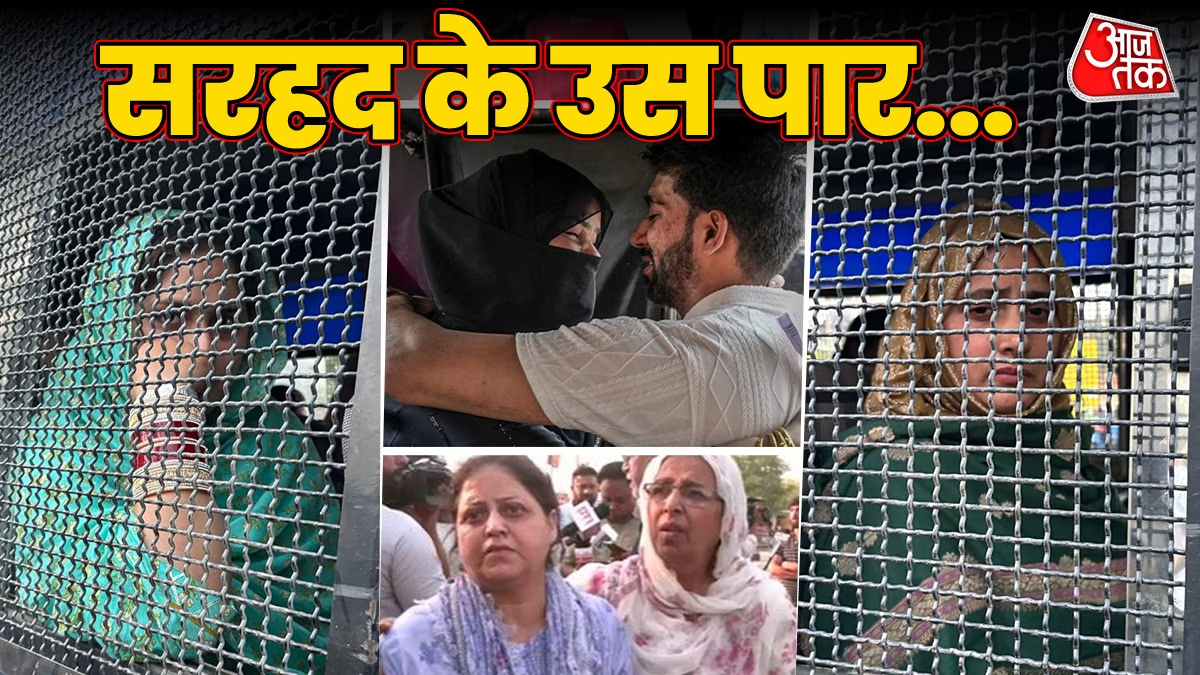The Modi government's decision to conduct a caste census alongside the upcoming national census is seen not only as a strategy to weaken the opposition IND alliance's attacks but also as a significant move to address the potential fragmentation of Hindu votes in Bihar. This state, crucial in the Hindi belt with upcoming assembly elections next year, has always held a unique position in political calculations where caste equations play a decisive role.
Notably, the government led by Nitish Kumar had conducted a state-level caste survey in 2023, the report of which was made public on October 2 of the same year. This survey received unanimous support from all parties including the Grand Alliance (JDU-RJD-Congress) and the BJP, which was in opposition at the time.
However, even after the survey, the issue did not settle. OBC leaders like Nitish Kumar and Tejashwi Yadav demanded that it be replicated at the national level. Congress leader Rahul Gandhi recently, in his rallies across Bihar, dismissed the 2023 survey and called for a new national caste census. Interestingly, Rahul Gandhi overlooked the fact that the 2023 caste census was conducted by the same Grand Alliance government that included Congress.
What Analysts Say
Political analysts opine that the central government's decision to conduct a caste census along with the national census is not only a strategic masterstroke by the Modi government, which has defused a significant opposition issue in the Bihar elections, but it also stems from a concern about Hindu vote fragmentation in Bihar.
The BJP's decision to announce a caste census ahead of the Bihar Assembly elections appears to be an attempt to control damage, given its challenges in unifying Hindu votes in a state where caste has traditionally been a strong determinant in politics. Caste-based politics has historically overshadowed polarization efforts, prompting the BJP to approve the national caste census as a strategy to mitigate risks.
Opposition's Response
RJD supremo Lalu Prasad turned the tables in the 2015 Bihar Assembly elections by seizing on RSS chief Mohan Bhagwat's statement that suggested a review of the reservation system. Lalu fueled apprehensions among OBC, SC, and ST communities that the BJP intended to dismantle reservation policies. Regional parties like RJD, whose core vote banks are the Yadavs and Muslims, have always indulged in caste-based politics. Nitish Kumar's Janata Dal United also relies on caste-based support from Kurmis, Koeris, OBC, EBC, Dalit, and Mahadalit communities.
The announcement of the caste census has allowed the BJP to satisfy its allies, like Nitish Kumar and Chirag Paswan, while snatching a major electoral issue from the RJD and the Grand Alliance. Nitish Kumar remarked, "Our demand for a caste census is longstanding. It will reveal the numbers of all societal groups, facilitating the creation of development plans for them, consequently accelerating the nation's progress."
Deputy Chief Minister Samrat Chaudhary commented, "The caste census will provide an accurate assessment of the socio-economic conditions of deprived classes, enabling the formulation of effective upliftment plans." RJD chief Lalu Prasad Yadav heralded this decision as a victory for socialist leaders and said, "The agenda we socialists set 30 years ago is still being followed today. We will continue to dance these 'Sanghis' to our agenda."




